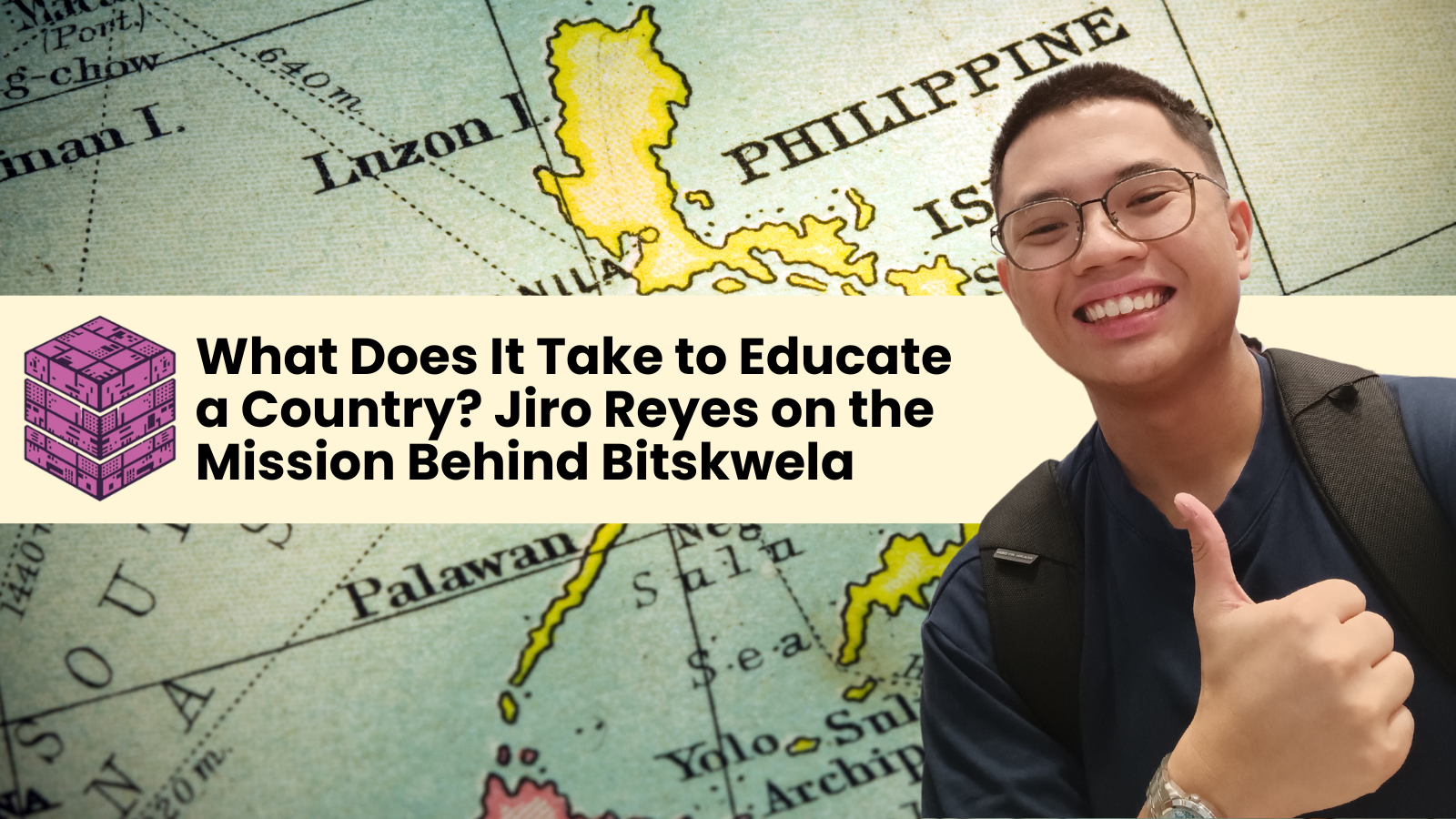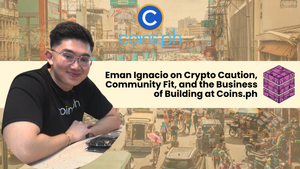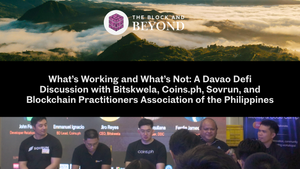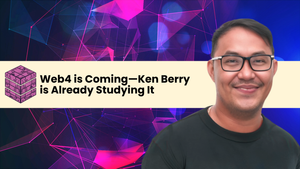In a country with one of the highest crypto adoption rates in the world, the biggest challenge isn’t access, it’s comprehension.
You can launch a token overnight. But teaching people what it means (and what to do with it) takes far longer. In the Philippines, where crypto adoption is high but understanding is limited, education is both the opportunity and the challenge.
Bitskwela was one of the first to step into that space. Co-founded by Jiro Reyes, the initiative began with a simple but ambitious idea: make crypto education accessible in every major Filipino language.
At the Sonic Meetup Davao, hosted by Bitskwela and powered by Davao DeFi Community, we were able to get an exclusive interview with Jiro Reyes to find out not just about Bitskwela, but about what it takes to educate the country.
Today, it’s grown into a nationwide project with partnerships across schools, universities, and civic sectors. And for Reyes, that scale hasn’t changed the mission; it’s clarified it.
Local First, Language Forward
From day one, Reyes understood that crypto education wouldn’t work if it stayed in English. So Bitskwela prioritized translation, first into Tagalog, then into Cebuano, Ilocano, and more. But it wasn’t just about direct translation. It was about accuracy and context.
"Apparently it's very hard to translate content into other languages, let alone dialects... You need someone who understands the language and the crypto terminology."
That nuance led to some early bottlenecks. Finding translators who could both localize and explain blockchain concepts was difficult, especially without generative AI tools at the time. Proofreaders became essential. Every language version needed not just accuracy, but cultural fluency.
The payoff was worth it. By leaning into the multilingual nature of the Philippines, Bitskwela didn’t just build educational content, it built trust.
From Awareness to Impact
Reyes first gained broader visibility through a 2022 CNN Philippines interview, which highlighted Bitskwela’s early efforts in Web3 education. But he’s quick to clarify that exposure isn’t the same as scale.
"It’s really more on changing the means, not the why."
Since then, the platform has multiplied its partnerships, launching events across Luzon, Visayas, and Mindanao and onboarding new university and government partners. But Reyes sees these as building blocks, not milestones.
"We may have done a lot, but if you look at the actual metrics, we're still far from the mission... There are only around 200 Web3 developers in the Philippines. That's not enough."
His answer to that gap is consistency. Instead of pivoting with every trend, Bitskwela is building a durable brand around language, clarity, and community alignment.
Education, Not Advice
In a space known for hype cycles and influencer-driven content, Bitskwela walks a line. The goal is to teach, not sell.
"There’s a strong difference between financial literacy and financial advice... Financial literacy gives people the tools to think for themselves. Advice tells them what to do. We stay far away from that."
This distinction shows up in every module, campaign, and collaboration. Whether it's discussing blockchain infrastructure or token mechanics, the emphasis is always on providing understanding without directing behavior.
This clarity of purpose has helped Bitskwela stand apart, particularly as regulatory scrutiny around crypto content increases.
Leveling Up in the Long Game
When asked to rank Bitskwela’s progress like a character in a video game, Reyes doesn’t overstate.
"Maybe level three out of ten... We've made progress, but we're far from done."
The honesty reflects the broader mindset behind the project. Crypto education in the Philippines may have picked up speed, but the real challenge lies in scaling up, not in numbers, but in comprehension. Bitskwela’s bet is that localization, clarity, and consistency will compound over time.
The vision isn't about being first to explain a trend. It’s about being the first to make it stick.











